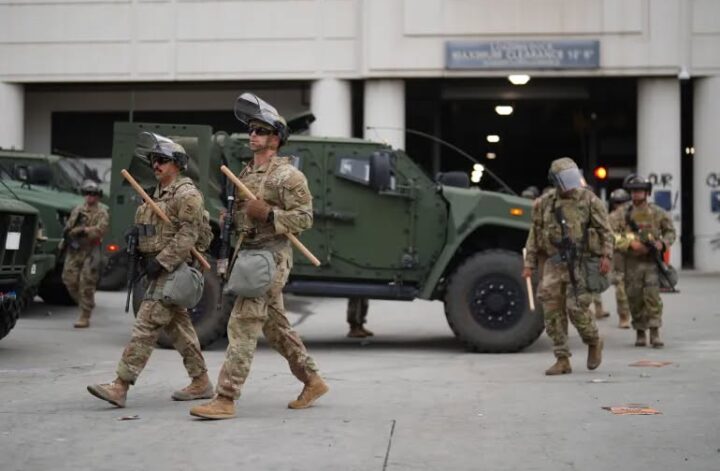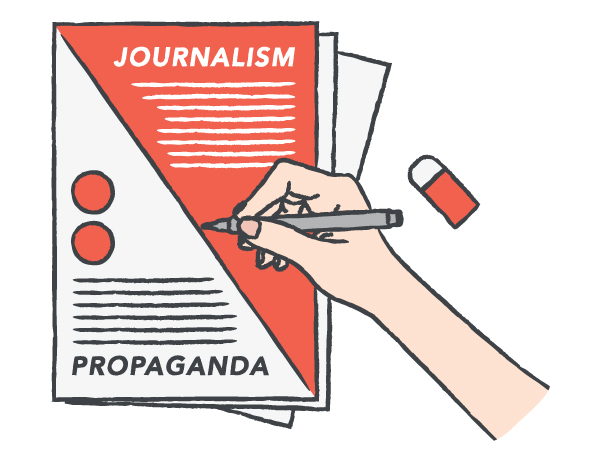A growing portion of Western public opinion is opposing Israel’s well-documented criminal actions and the manifest resurgence of militarism in Europe. However, this widespread sentiment has yet to transform into a specific political demand. No party or movement has succeeded in capturing the collective yearning for peace, justice, and humanity — in a word, “civilization” — which is being threatened by governments indifferent to the people’s will. In contrast, the ruling regime exacerbates the macabre violence that lurks within a segment of the populace.
Over the past two years, almost everyone has come to the conclusion that Israel — some say the sole government, others the entire state — has transformed into a criminal and destabilizing agent in the Middle East and international politics at large. Even more concerning, it has set dangerous precedents by disregarding and violating international law and human rights, reaching a point where it has been accused of systematic genocide. Every limit of tolerance has been exceeded, which will inevitably allow and encourage others to break any rules.
The repeated excuses made for the Jewish state — fundamentally an appendage of Euro-Atlantic oligarchies — have now become a distant memory that no one accepts anymore. They have been replaced by various levels of criticism, ranging from mild (often hypocritical) concern — such as that expressed by most of the Israeli communities and Western governments — to the deep-seated desire for revenge and justice growing across the rest of the world. Between these extremes lie the most civilized citizens, including Europeans and Americans, who lean toward one side or the other. Governments and public opinion in the non-Western world almost unanimously align against Israel.
The world is divided into two blocs, and a world war is a plausible scenario that thoughtful citizens will do everything to avoid. This is especially true given that criticism of Israel’s criminal acts and NATO’s military escalation has no political consequences in the domestic politics of Western countries. Half of Western citizens abstain from voting, feeling powerless to effect change through what was once a fundamental democratic right.
A quarter-century of “grand coalition” governments and betrayed programs has discouraged people from participating in the voting process. Traditional parties, firmly established in power (and no longer connected to society), subtly encourage abstention by seeking to delegitimize emerging opposition through crooked media campaigns.
As a result, the widespread indignation over rearmament policies and support for criminal actions lacks representation. Some street protests fail to weaken the regime imposed through “Ursula formulas,” “Grand Coalitions,” and “technical governments.” Right-wing (Meloni) and center-left (Starmer) governments operate in precisely the same manner. The unified Western regime functions outside of any popular control. The demagogic movements – the ones that elected Trump and a few other leaders – may occasionally win elections, but they prove ineffective in governing as they become ensnared in the Deep State’s web. Most of these demagogic movements are labeled as extreme right or even fascist. They are, to varying degrees, while a possible leftist alternative is absent.
How many votes would an anti-war, anti-Zionist, anti-NATO party garner today? It might even win a majority… but unfortunately, such a party does not exist. If it attempts to form, it is immediately repressed. Currently, the revolution isn’t loudly knocking at the power’s gate — but the wars and the war-provoked economic crises will make it plausible soon.
It is, therefore, time to consider a new model of the state and coexistence—one that transcends the worn-out framework of the failed bipolar democracies of the twentieth century.



